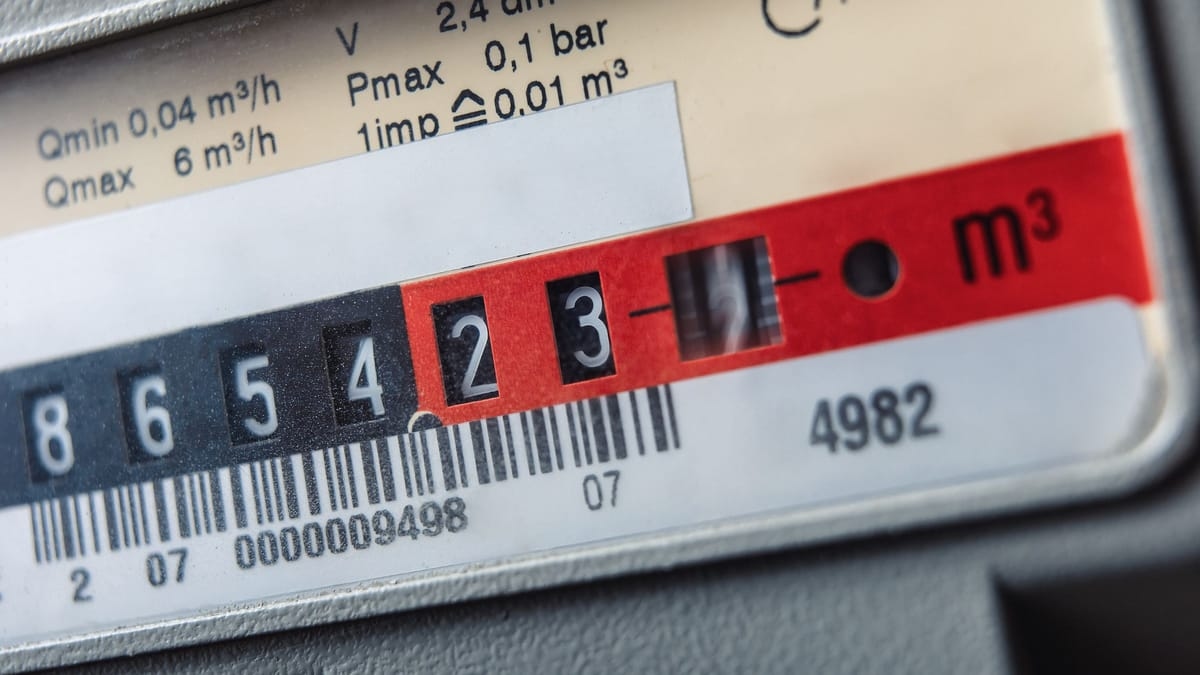Save energy: Is your gas consumption too high?

Many households use gas for cooking, showering, and especially for heating. What is normal consumption? And what is too much?
Saving gas: This has long been the motto. Not only for the sake of our wallets and the climate, but also because gas is currently a rather scarce energy source. But how much is average consumption? The current heating cost index reveals this.
Gas consumption depends on the living space and the behavior of the people in the household. It's also important to consider whether hot water is also provided by gas or by another source.
The fourth factor that influences gas consumption is the condition of the gas heating system and that of the building.
On average, a household in a 70-square-meter apartment in an apartment building consumes 7,980 kWh of natural gas per year. However, if the figure is 4,270 kWh, it's considered an economical household. A figure above 12,950 kWh indicates increased consumption, and you should consider saving money and protecting the environment.
Embed
If you find that your natural gas consumption is too high, you should definitely consider energy-saving measures. This can reduce your heating costs by up to €930. This savings potential is determined by comparing the "low consumption" and "high consumption" categories in the heating index.
The average annual natural gas consumption in a 130-square-meter single-family home is 15,730 kWh. However, someone who consumes 8,060 kWh per year is heating very economically. If annual consumption is 26,910 kWh or higher, consumption is higher. Saving measures should be considered.
Embed
If your natural gas consumption is above average, it's advisable to implement energy-saving measures. This can significantly reduce your heating costs – by up to €2,070, as the Heating Mirror's comparison of "low consumption" and "high consumption" shows.
If you want to estimate your gas consumption yourself, you can calculate it based on your living space. For apartments, an average annual consumption of 114 kWh per square meter is assumed. For single-family homes, the figure is 121 kWh per square meter.
t-online



